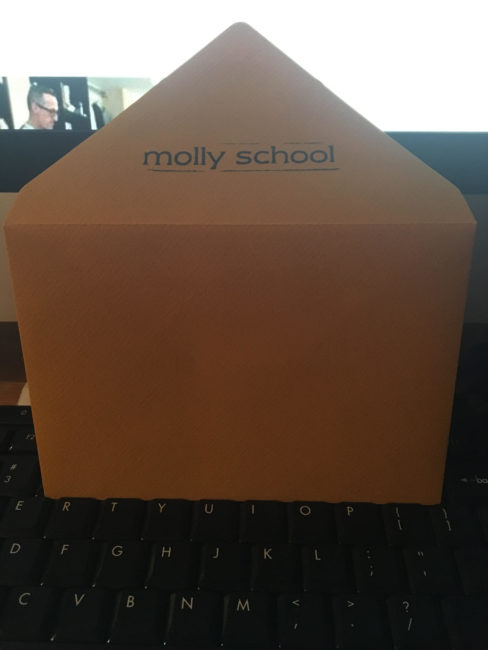This is, therefore, the intensest rendevous.
–Wallace Stevens
March 16: Beauty
Beauty is expensive.
Michelangelo needed to become a businessman to get the marble he wanted, Toni Morrison woke up at 4:00 AM to write while raising children, all the reading David Foster-Wallace did to be able to write as he did. In London, Fortitude Bakehouse turns out the most delicious sticky buns in the world. Not Michelin star rated (yet) but there, as is the case at whatever eatery you love, some chef or owner or, in the case of Fortitude, a baker, expends time and money, racks up spiritual and psychological debts to turn out the beautiful.
From its maker, beauty demands effort and sacrifice. From the receiver, the expense comes as change. Seeing Michelangelo’s David changes you. How can an inanimate object be so beautiful, so alive? As does reading Morrison, whose Sula, for instance, undoes logic to make sense of friendship. The perfect tone and unmatched attention to detail of “A Supposedly Fun Thing I’ll Never Do Again” or the way the honey of those sticky buns lingers on the taste buds . . . what a gauntlet Foster-Wallace throws down to all other would-be intellectuals. . . . and why cannot all baking be as good?
Because it is hard, because it is expensive.
(Even though I was only there a few times, I miss Fortitude, a seven-hour train ride away, as though it were home. And now my local haunts–Bruno’s, Eline’s, Sog–may as well be in another country too.)
Yesterday was the Ides of March and that warranted a thought about fear and what it means to beware as we confront the unknown of Corona and its impact.
But before being famous for the day Cesar was assassinated, the Ides of March was also associated with settling debts.
As we are doing now, too.
48 hours ago, a week ago, we all lived in a world in which we could do two things with unprecedented power: move about and connect online. And as is typical of human beings, we overdid both terribly. That tourist whose plane delivered them to some hot spot (London, Paris, Cape Town, say) where they walked around, phone in hand, taking pictures of what they did not see? That is the poster child of the world that just recently came to an end. And to some degree, we were all on this poster, paying little attention to ourselves or to the world we pretended we were looking at, the world as made up of other people, animals, coral and the ecology ate large.
We fewl all over as we said we worried about the climate. We gossipped and joked tweeted about how much time we spent with technology, how friends checked their phones at meals and kids had became addicted and how crazy it all was. We imagined Silicon valley’s tools connected us together in a web rather than trapping us in a net. A few people took digital detoxes. But at best, for most of us, the behavior just put more electricity through supercharged wires, added adhesiveness to the threads of the web, ensured ever less chance of escaping the net. Somewhere Howard Nemerov complains about an essay, saying it has grim intensity of someone masturbating too soon after masturbating. Much of our culture, our lives, were like that.
The most notable thing of my many conversations of late–friends calling to reach out to say hi, to see what’s happening with me and in Amsterdam, as well as clients–is that people sound relieved. The pressure is off. Everyone expresses doubt and fear (mostly about economics), but for the moment everyone feels as though they have been given a giant reprieve, a chance to do nothing in which nothing is expected. No need to keep up. No need to measure up. Just be.
It is kind of beautiful.
In terms of lives and money and testing of our will, this reprieve will soon get hugely expensive, devastatingly so. Unlike looking at the David, it will not be worth it. But if we can, in a month or two–I fear it will be longer–return to the world we were abusing (even as we abused ourselves) with a greater ability to pay attention rather than pretend we might, at least, settle some of the debts we incurred living as we did for the last ten years (and the aeons before that), might come closer to terms with the price we must pay for the beauty of being alive.
Stay safe.
Make. Give. Be,
–Ted

